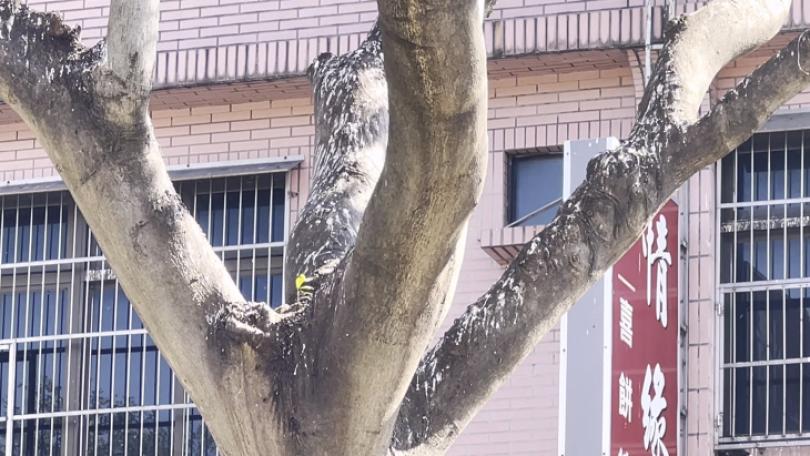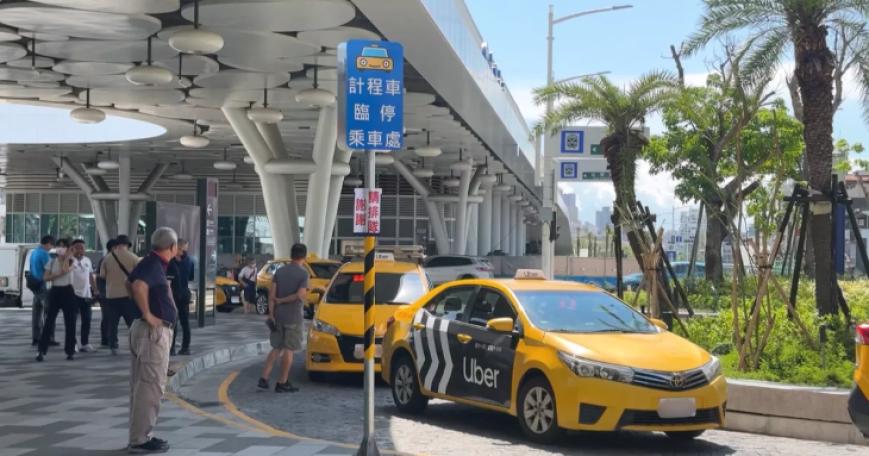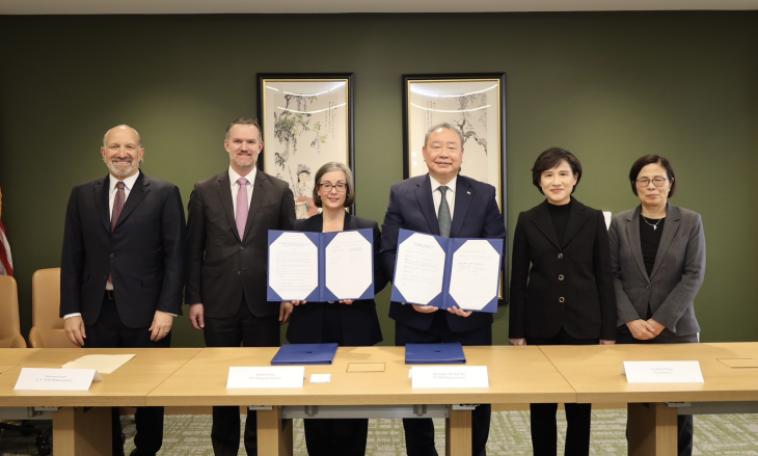Mother Refuses to Entrap Others to Save Daughter 屏東1母親拒幫騙人至柬國 女兒仍失聯
Countless Taiwanese citizens that answered ads for high-paying jobs in Cambodia have found themselves in the hands of human traffickers. In many cases, they aren't released unless they trick more people into coming to Cambodia to replace them. One Pingtung woman has refused to do so to bring her daughter home, saying she can't put other families through what she is going through. Other families are turning to loan sharks. Experts are calling on law enforcement to help victims.
“I miss you. Please come home soon.”To help her family financially, Ms. Kao's eldest daughter took a job in Cambodia. Soon, she called home asking her mother for help. She said the snakehead gang would let her go home if she brought six more people in to replace her. Kao refused the terms, saying she couldn't put six other families through what she was going through. Kao hasn't heard from her daughter since the 4th.
Ms. Kao, Victim's Family Member: “She said others had been viciously beaten. A few days later, she sent me a photo of her hand. It looked like it'd been cut with a blade. It also looked like she had a black eye.”
Chin Tai-ping, Sanhe Village Chief, Pingtung Majia Township: “Fortunately, she was able to get home. I heard they had to pay some money.”
Taiwanese citizens that answer ads for high-paying jobs in Cambodia find themselves in the hands of human traffickers. Lawmakers and civic groups have managed to rescue some of the victims, but the majority are forced to pay hundreds of thousands of NT dollars if they want to go home. If families can't come up with the money, they often have to go to loan sharks. This sets off another wave of problems.
Lin Yu-shun, Criminal Investigation Professor, Central Police University: “People are injured twice or three times if they have to borrow money from a loan shark to bring a loved one home. I think we should bring it back to police mechanisms and prosecutorial victim protection mechanisms or even legal aid victim support and assistance mechanisms. Working together, this three-pronged approach can help resolve this problem.”
Experts say Taiwanese authorities have a hard time differentiating between perpetrators and victims. Not only that, people that started out a victim can turn into a perpetrator after being beaten or threatened. The expert says victim protection officials need to take a collaborative identification approach in their investigations and prioritize bringing people back so that legal and protection mechanisms can be activated down the line.
屏東牡丹鄉高媽媽的大女兒為幫忙家計被騙去柬埔寨後,打電話回來和媽媽求救,說人蛇集團開出條件,只要騙6個人來她就能回去,但媽媽認為會害其他6個家庭痛苦而拒絕,女兒從4日失聯至今,且疑似被毆打。
高媽媽說:「她說(有人)被打得很慘,過了幾天就傳一張相片給我,那個相片是她的手,有好像被割,被刀割,然後她的左眼那邊好像有被打。」
柬埔寨人口買賣、詐騙事件頻傳,在政府、民代及民間團體等協助下,陸續有國人被救回,但多數都需付起十幾萬起跳的贖金;雖有民代或好心人願協助湊錢或免息借款,但若湊不到,家屬恐怕得去借高利貸,造成新的問題跟傷害。
警大刑警系教授林裕順表示:「救自己的家屬,然後又去借高利貸,那可能是二次傷害、三次傷害,所以我是覺得應該是回到警察這邊的機制,地檢署這邊的被害人保護機制,甚至法扶的對被害人的支援、協助的機制,應該可以一起聯手來解決這次的問題。」
專家認為,目前辦案較困難是釐清去的人是加害人還是受害者,或原受害者被打、遭脅迫後,轉為加害人,建議除了偵查隊外,被害人保護官也該協同鑑別;但重要的還是先將人帶回,後續法律及保護機制才能依相關事證啟動。










